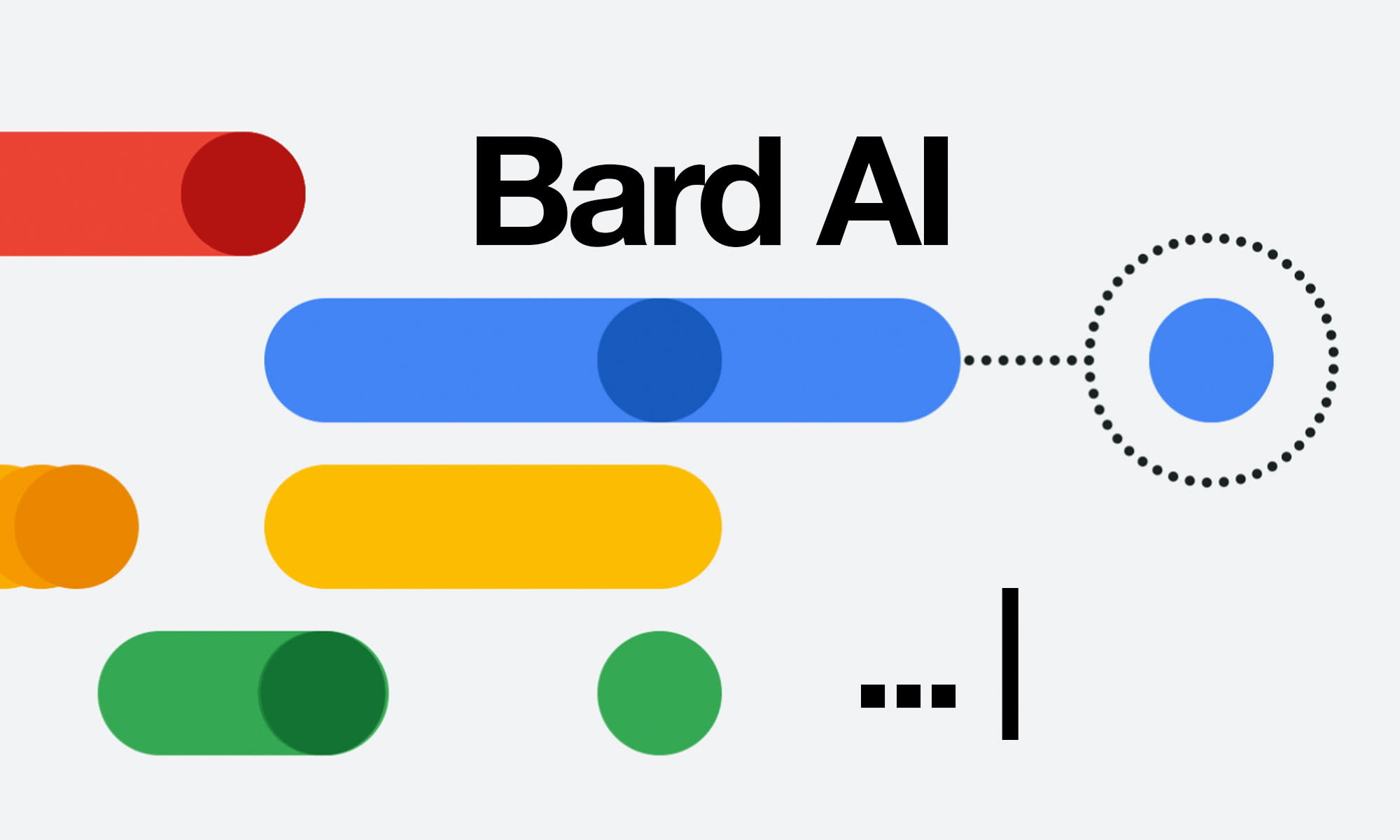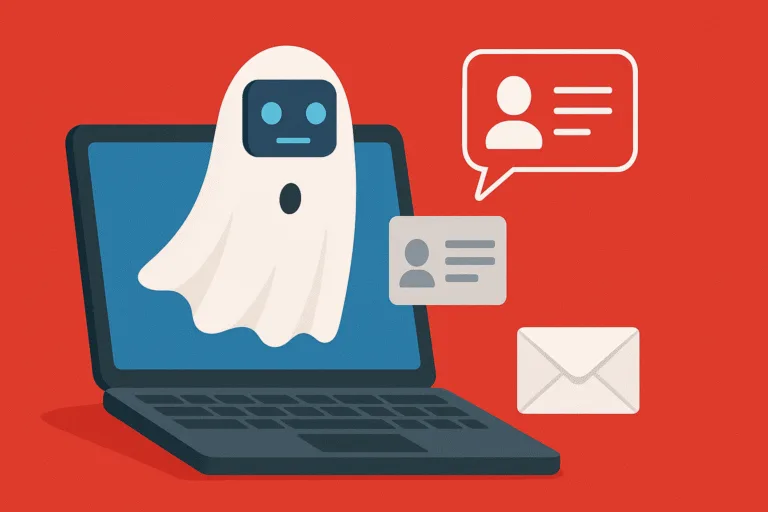Google is taking a significant stride in its bid to catch up in the race to deploy AI by rolling out access to Bard, its ChatGPT competitor. The company has decided to make the AI available to a few users in the United States and the United Kingdom initially, while others can sign up for a waitlist at bard.google.com. Google has stated that the rollout will be gradual and has not specified a date for when it will be available to the public at large.
Google is currently not accepting invitation requests for Bard from Google Workspace accounts. Bard, just like its counterpart to OpenAI’s ChatGPT and Microsoft’s Bing chatbot, invites users to ask questions on any topic using a blank text box.

Despite the documented tendency of such bots to fabricate information, Google has emphasized that the AI is not intended to replace its search engine, but rather to supplement it. Users can use it as a sounding board to discuss ideas, draft writing, or simply engage in casual conversation about everyday life.
Similar to ChatGPT and Bing, users will notice a disclaimer placed under the primary text box when using the AI. The disclaimer cautions users that “Bard may present incorrect or inappropriate information that does not represent Google’s views.”
In a blog post by Sissie Hsiao and Eli Collins, two of the project’s leads, Bard is introduced as “an early experiment… designed to assist individuals in enhancing their productivity, expediting their ideas, and stimulating their inquisitiveness.”
It was stated that more capabilities would be added to the AI as time goes on. In their words “We’ll continue to improve Bard and add capabilities, including coding, more languages and multimodal experiences. And one thing is certain: We’ll learn alongside you as we go. With your feedback, Bard will keep getting better and better”




